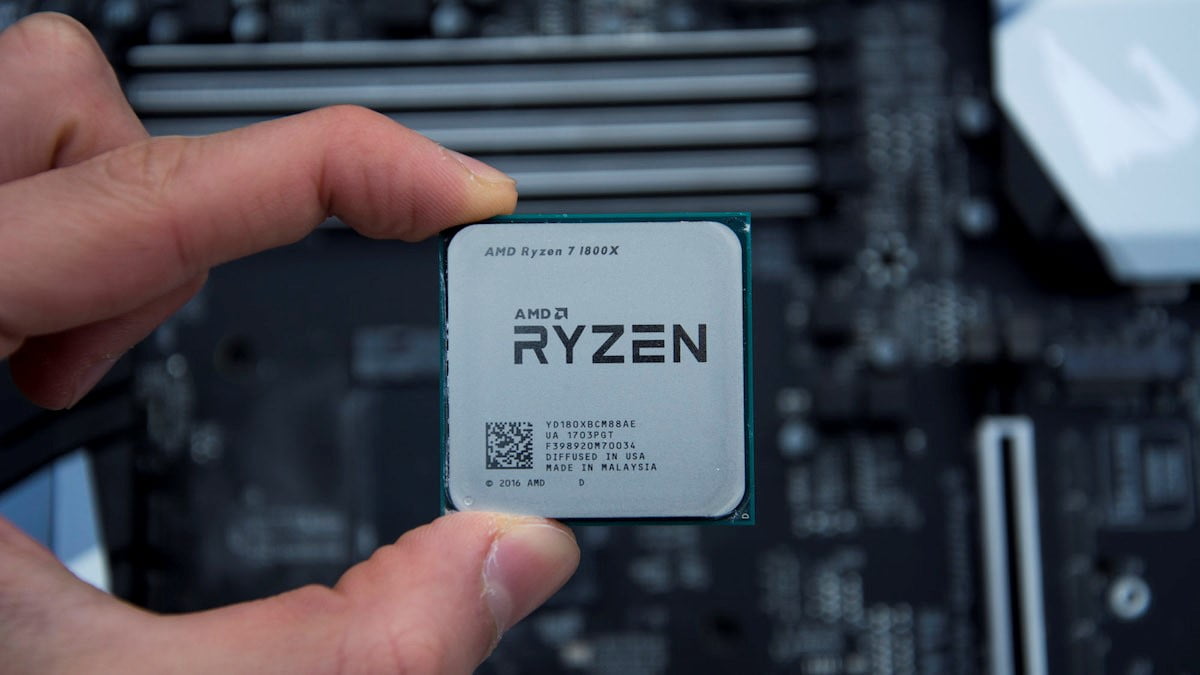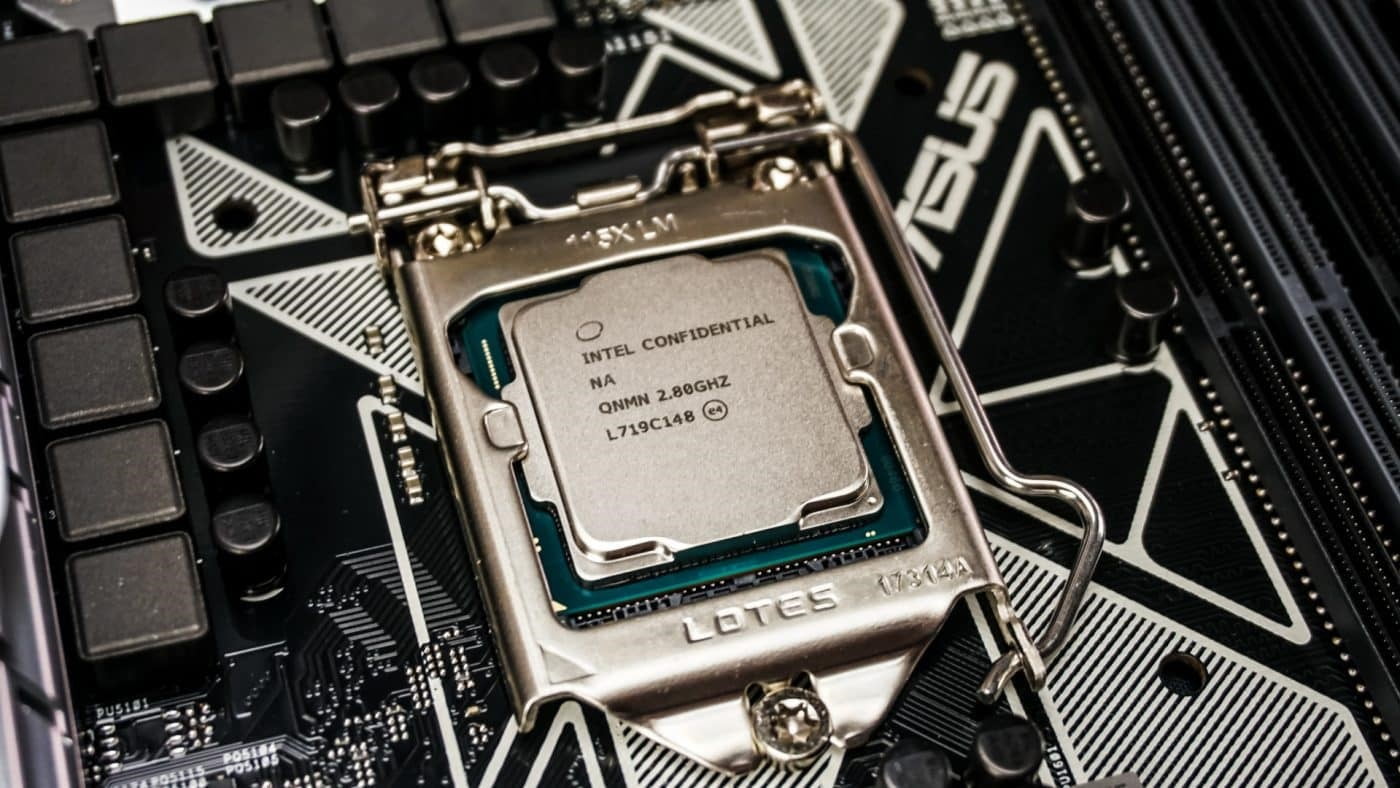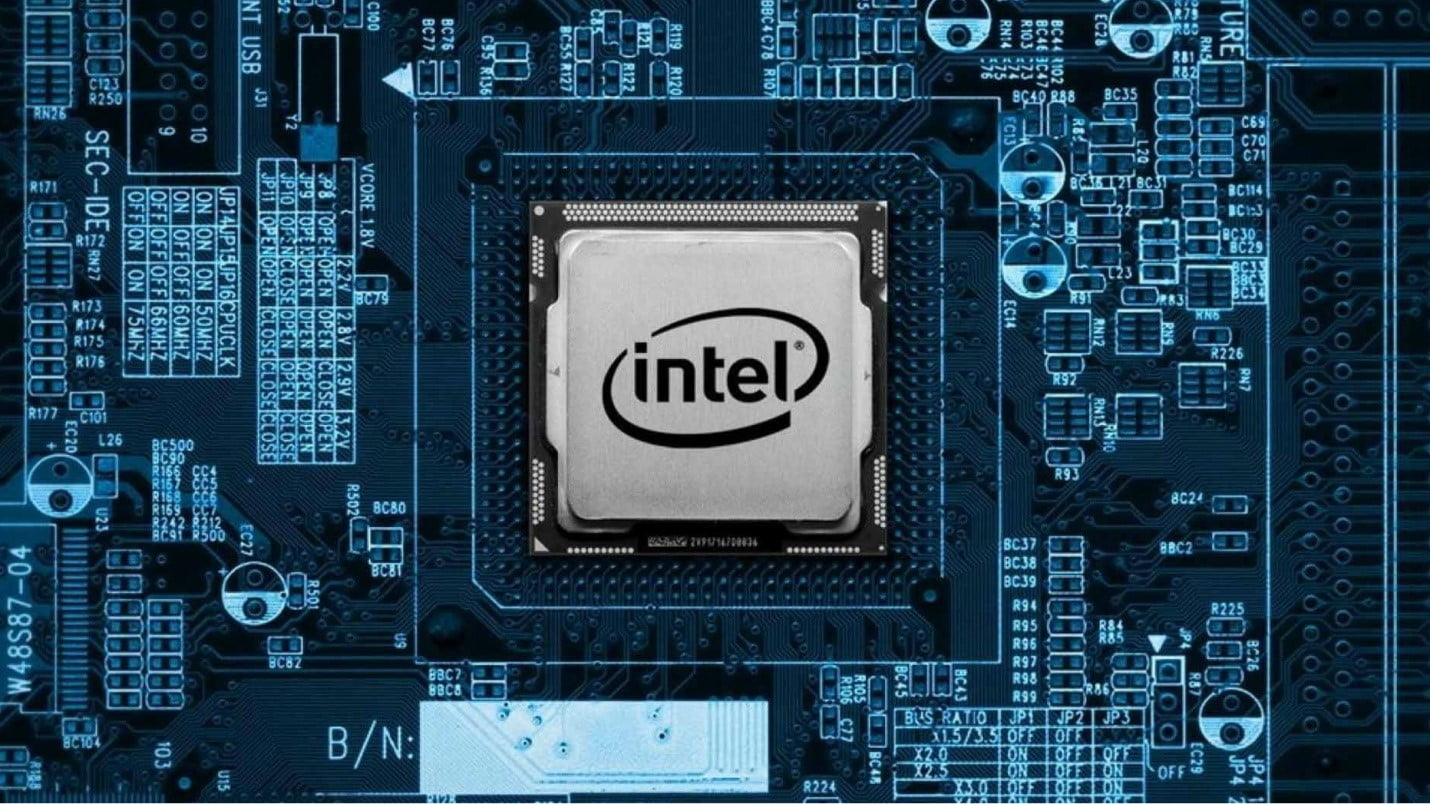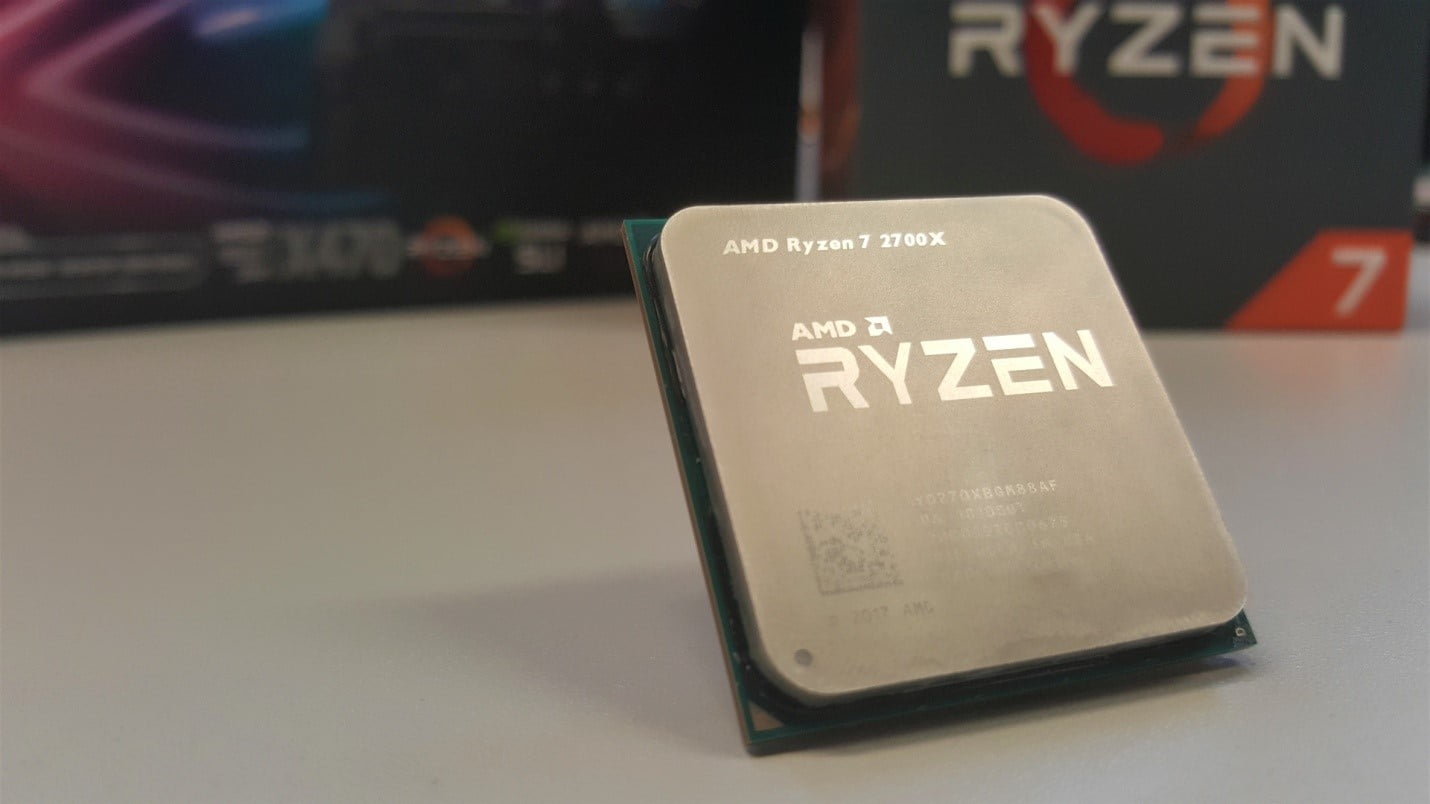Table of Contents
If you’re looking to edit your photos and videos, you might be wondering about which processor is best for the job. There are many factors to consider, but we’ll start with four main ones: price, performance, reliability, and power consumption. You should factor in how much money you have. If your budget is tight, there are plenty of choices under $200 that can handle basic editing tasks such as merging raw images or correcting white balance problems.
1. Intel Core i9-9900K-S –
The price-to-performance ratio at this price point is hard to beat. If you’re planning on editing video, the best choice for a CPU is the i9-9900k. Intel Core i9-9900K-S comes with everything to satisfy all kinds of enthusiasts, such as more cores and higher frequencies. The recent improvements have put the chip on top of any other mainstream processor on the market, however, the high price point deters most consumers.
The Core i9-9900K, which is an eight-core (16-thread) CPU featuring a thermal design power of 95 watts, has an unlocked multiplier and a base frequency of 6 GHz. The Core i7-9700K, which is an eight-core (eight-thread) CPU featuring a thermal design power of 95 watts, has an unlocked multiplier and a base frequency of 3.6 GHz.
2. AMD Ryzen 1800X-

This eight-core 16 thread CPU has a base clock speed of 3.6 GHz with Turbo Boost up to 4.0GHz, which is slightly less potent than the i9-9900k. However, Intel’s top-of-the-line processor has a lower operating temperature and power draw and a lower chance of failure. This AMD Ryzen 1800X also has 40MB of L2 cache and 16MB of L3 cache, which helps it be more efficient with memory management than previous generation CPUs from AMD
The Core i7-7700K and AMD’s Ryzen 7 1800X are two of the most highly anticipated processors in recent memory. With both processors retailing for a $339 asking price, the 1800X is looking to give Intel a run for their money. In this benchmark, we’ll look at how both processors scale with the number of available cores and threads to determine which one is the better choice for gamers.
3. Intel Core i7-8700K –
This six-core 12 thread CPU has a base clock speed of 3.7GHz with Turbo Boost up to 4.7GHz and operates at a lower temperature than the Ryzen 1800X. It has 20MB of L3 cache and has average performance for a six-core CPU, but it costs more than both the i9-9900k and Ryzen 1800X, priced within $10 of each other.
4. Intel Core i5-8400 –

This six-core eight-thread CPU does not have Turbo Boost, but it has a base clock speed of 2.8 GHz with Turbo Boost up to 4.0GHz, which is better than the Ryzen 1800X and Intel’s previous four core CPUs such as the i5-8600k and i7-8650hq. It also performs slightly better than the Ryzen 1800X in single-threaded tasks but lower than both the 9900k and 1700x in multithreaded tasks such as video editing or rendering programs such as Lightroom or Photoshop crossfire graphics cards to increase performance.
5. Intel Core i3-8350K-
This four-core four-thread CPU has a base clock speed of 4GHz with Turbo Boost up to 4.2GHz. It has a low power draw and is relatively quiet, but it has only 8MB of L3 cache, which is half the amount that both the i7-8700k and Ryzen 1800x have, which can negatively impact performance in video editing tasks. There are also two extra DDR4 memory channels on the i7-8700k and support for overclocking. If you’re editing photos or raw video, it’s hard to recommend the i3-8350k, as it has half the memory channels and half the L3 cache.
6. AMD Ryzen 5 1600X –
This six-core 12 thread CPU has a base clock speed of 3.6 GHz with Turbo Boost up to 4.0GHz, and it has low power draw and is relatively quiet. Still, it doesn’t have the same amount of L3 cache as both the 9900k and 1800x or the i3-8350k or i7-8700k, which can negatively impact performance in video editing tasks.
7. Intel Core i5-8300H –

This four-core, eight-thread CPU has a base clock speed of 2.3 GHz with Turbo Boost up to 4.0GHz, which is faster than the Ryzen 5 1600x. However, it has half the number of DDR4 memory channels and half the amount of L3 cache as Intel’s i7-8700k and 1800x, AMD’s 9600k and 1800x, and Ryzen 7 2700x, which can hurt performance in video editing tasks.
8. AMD Ryzen 7 1700X –
The 1700x has eight cores, 16 threads, and a base clock speed of 3.4 GHz with Turbo Boost up to 4.0GHz which is better than the 1600x. Still, it is only half the amount of MHz as the 9900k, so it can’t quite match the 9900k in performance if you’re looking to edit video or video editing when pairing with a graphics card such as an RX Vega 56 or RX Vega 64.
9. Intel Core i7-8700K –
The Intel Core i7 8700K is a very capable gaming chip with a Turbo frequency of 4.7GHz. It’s just been superseded by faster processors in Intel’s lineup, and as such it’s not often recommended for 2020 builds. It operates at a lower temperature than the Ryzen 7 1700x.It has half the amount of L3 cache and half the amount of memory channels when compared to the i7-8700k.
10. AMD Ryzen 7 2700x ($329.99)-

This eight-core 16 thread CPU has a base clock speed of 3.7 GHz with Turbo Boost up to 4.3GHz, which is slightly less potent than the 9900k. Still, it has a lower operating temperature than the i7-8700k. It performs similarly to the 1700x in multithreaded tasks such as video editing or rendering programs such as Lightroom or Photoshop by using crossfire graphics cards to increase performance. It also costs less than 9900k, which makes it a solid choice for video editing
Conclusion: While choosing a computer, it is necessary to keep in mind the things you want to do with your new computer. If you plan on editing photos and videos, then focus on getting the best CPU possible. You can order now, or learn more by reading our blog post today.
